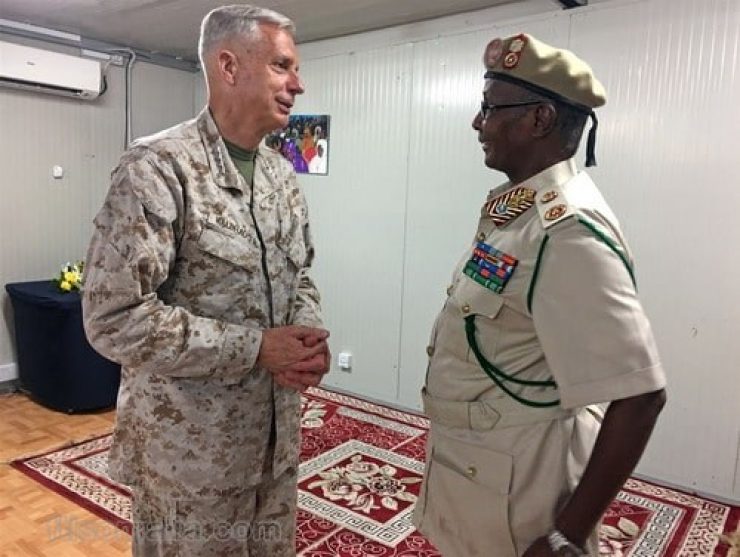Recently, U.S. service members who are serving in Somalia conducted Tactical Casualty Combat Care with Ugandan soldiers who form part of the African Union Mission battalion in the country. The joint operation focused on exchange of information and mass casualty exercise. It also sought to enhance partner force interoperability. The region has also experienced its share of mass casualty events, which the joint exercise will address.
“The team that has been instructing Ugandan forces on the need for learning how to treat casualties while providing security when responding to incidents around the region has really impressed me,” says U.S. Army Maj. Navneet Sahu, who serves the entire operation as its Task Force Warrior surgeon. “If we ever find ourselves together in a situation where hordes of people are injured, we now realize that it would be possible to work in harmony and take exceptional care of our soldiers,” says the surgeon second to the Combined Joint Task Force in the Horn of Africa nation.
Sahu attributed the engagement, teaching, and training of key leaders in the region to the involvement of the 411th Civil Affairs Battalion and CJTF-HOA.
“It’s vitally important to continue supporting the sustained civil engagement, more so, in this area,” says U.S. Army Staff Sgt. Barrey Paddock, serving the 411th Civil Affairs Battalion as its NCO and team medic. “Thus far, we have successfully demonstrated a superb model on how it is possible to achieve all that.”
Paddock also mentioned that his team has been fortunate to enjoy excellent working relations with both Uganda People’s Defense Force and AMISOM. As proof, the Ugandan Civil-Military Coordinator, Maj. Steven Byaruhanga, has developed solid rapport with the Civil Affairs team during his stay in the country.
Byaruhanga says, “The decision by our American partners to give this initiative the wings with which to fly was quite good. Our soldiers have received the best training that helps them to intervene and provide the assistance that our doctors might require during emergencies. Where possible, we should continue working together. We also noted the excitement by our soldiers, who also kept requesting for more courses.”
Without the intervention by the Civil Affairs, Byaruhanga said that the UPDF might never receive the training that helps them to prepare for potential attacks in the region.
“It would be hard to keep moving forward without knowledge on how to instill TCCC, react to an IED, or set up small unit tactical and battle drills,” says U.S. Army Capt. Kurt Jamora, who provides chief oversight on civil engagement operations in the region for the 411th Civil Affairs Battalion team. “We will only succeed by imparting our knowledge to the UPDF who then pass it on to the Somalis.”
Jamora also stated that he expects to see sustained U.S. civil engagements with both Somali National Army and UPDF partners in the region.
“It would be a massive win for them to be able to stand by themselves,” said Jamora. “That’s the goal that we are all striving to achieve.”




